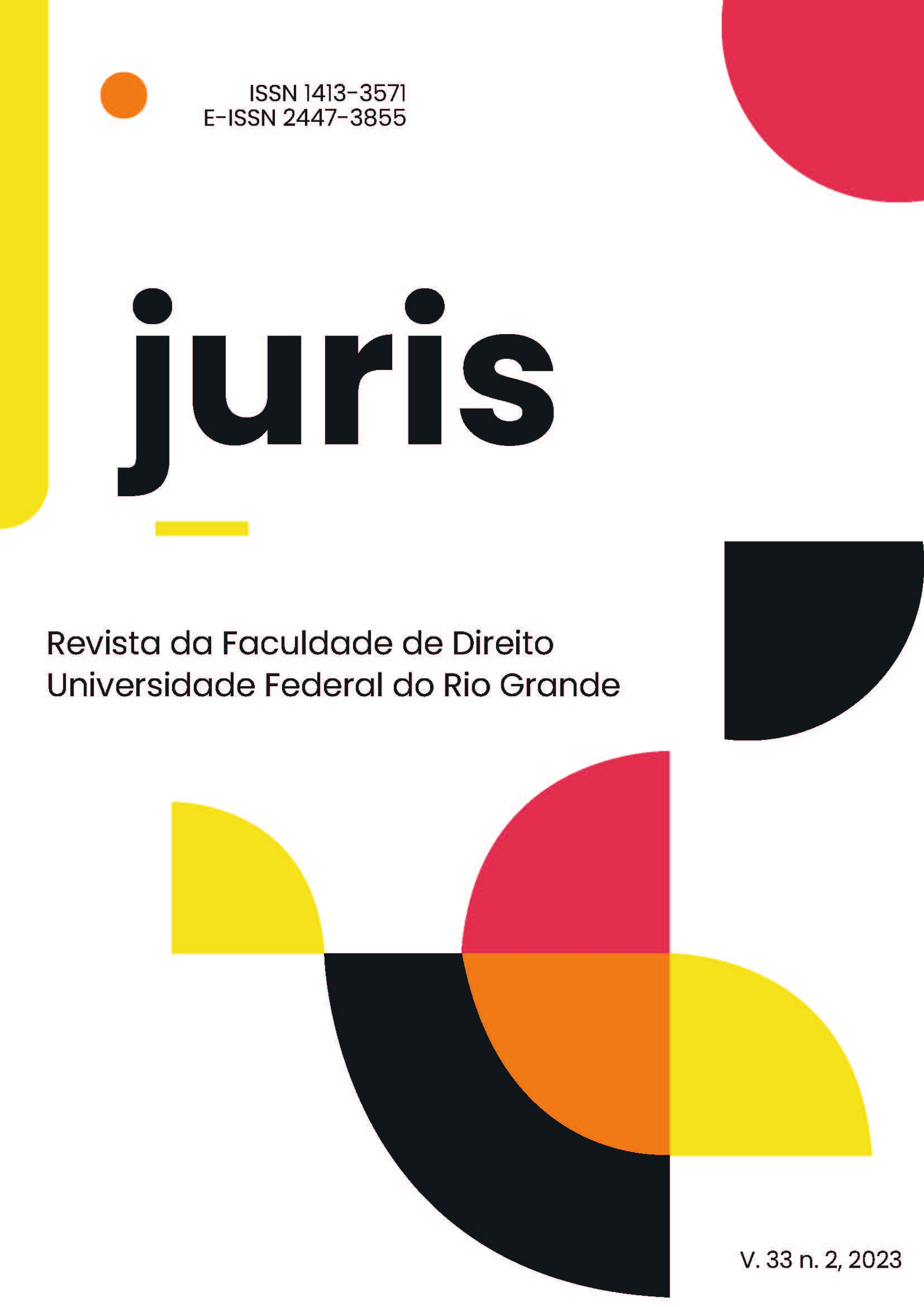Personal data protection controls for indigenous peoples, implemented at FUNAI:
an analysis of Ruling n. 1.384/2022 by Federal Court of Auditors
DOI:
https://doi.org/10.14295/juris.v34i1.17613Keywords:
Federal Court of Auditors, General Data Protection Law, Human Rights;, Indigenous peoples, National Foundation for Indigenous PeoplesAbstract
The focus of this research is on the protection of personal data processed by the National Foundation for Indigenous Peoples (FUNAI) from the perspective of Judgment n. 1.384/2022 of the Federal Court of Auditors (TCU), referring to the audit carried out on the organization to obtain data on its compliance with the General Data Protection Law (LGPD). Therefore, the research problem is precisely whether FUNAI is satisfactorily complying with the LGPD through the results of the audit. In this sense, we first sought to demonstrate the evolution and adequacy of the protection of personal data privacy in a historical context, that became a fundamental right on the subject. This was followed by a discussion of the legal concepts of the LGPD applicable to the study, as well as a characterization of indigenous people's personal data. Finally, the TCU ruling was specifically analyzed, and some necessary criticisms were pointed out, given the importance of the topic studied. In this work, the exploratory and descriptive documentary methodology was adopted, along with the hypothetical-deductive method. As a result, FUNAI's failure to comply with the LGPD is evident, as well as the obvious possibility of major risks to the indigenous population in the event of information security incidents, but there are possibilities to improve the gaps found in FUNAI.
Downloads
Downloads
Published
How to Cite
Issue
Section
License

This work is licensed under a Creative Commons Attribution 3.0 Unported License.
Ao encaminhar os originais, o(s) autor(es) cede(m) os direitos de publicação para a JURIS.







